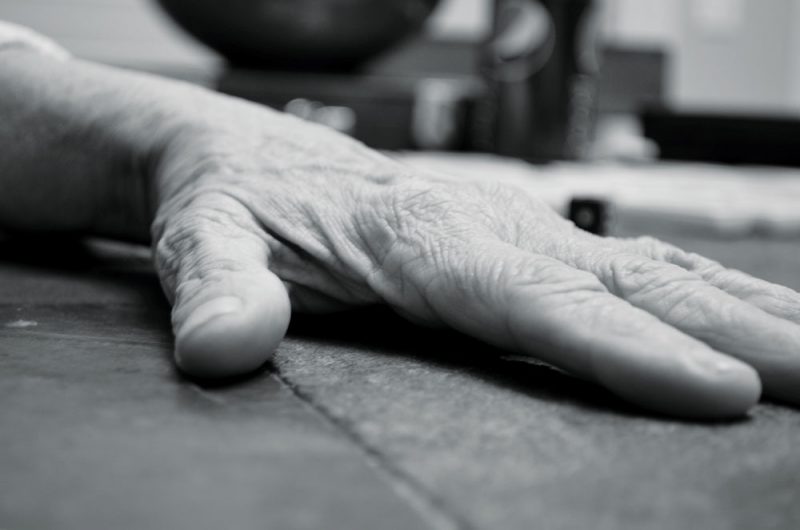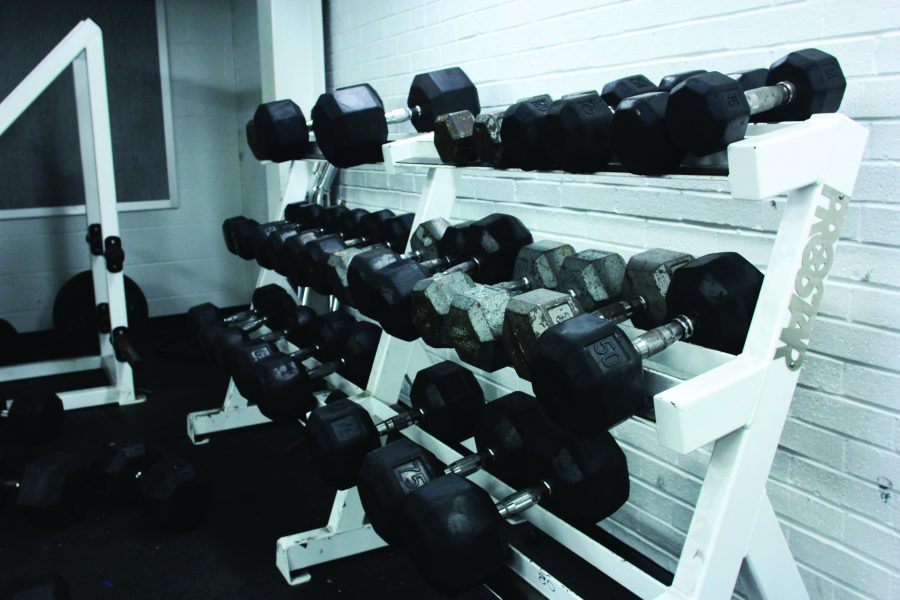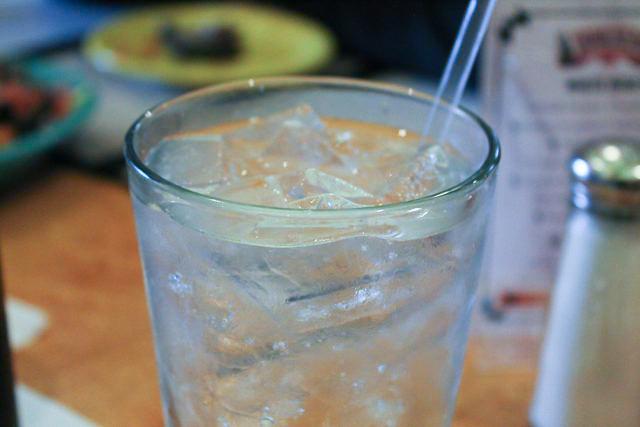
About one-fifth of the American population drinks diet soda every day, according to the Center for Disease Control and Prevention.
RBHS Junior Michael Vu is among the people who drink artificially sugared sodas rather than regular soda. Since doctors diagnosed his father with diabetes, Vu drinks only diet beverages in order to protect his health. However, Vu said diet soda isn’t as healthy of an alternative as it sounds.
“As far as I can tell, it’s the amount of artificial sweetener [in the soda] that acts as the source of controversy,” Vu said. “I mean, it’s soda; adding diet in front of it doesn’t just make it suddenly a weight loss miracle.”
Almost 80 percent of high schools, according to Web MD, have diet soda instead of regular soda in their vending machines. RBHS is one of these schools. Recent studies concerning the effects of artificially sweetened sodas have brought into question the healthfulness of diet drinks. Salynn Boyles, an award-winning journalist for medical issues, reviewed the findings from current studies, showing a 48 percent increase in heart attack and stroke risk among daily diet soda drinkers.
Curious about the effects of diet soda, Mahesh Thakkar, a member of the University of Missouri’s neurology department, did an experiment in 2012 to learn more. Thakkar noticed it was the artificial sweeteners that caused diet soda to be harmful.
“It is very true that diet soda is just as harmful as the regular sodas,” Thakkar said. “The artificial sweeteners and chemicals within the diet sodas are deleterious to humans.”
Thakkar believes schools are mistaken about diet sodas being better for you than regular sodas. He said people have misunderstood the word, “diet.” Thakkar said people think of diet as something that reduces weight or improves health. In reality, the word diet simply indicates a product with a lower caloric value. He said companies use the word to mislead consumers.
“Fewer calories doesn’t mean that product is better,” Thakkar said. “Businesses have basically tricked people by putting the word diet in front of their products to get them to buy their stuff.”
Researchers at Harvard University conducted multiple experiments concerning the side effects of diet soda. According to their research, artificial sweeteners like Splenda are 200 times sweeter than sugar. The human brain responds to sweetness with signals to, at first, eat more and then with signals to slow down and stop eating.
Artificial sweeteners could confuse these intricate feedback loops that involve the brain, stomach, nerves and hormones. This could throw off the body’s ability to accurately gage how many calories it is taking in. As a result, diet sodas won’t reduce people’s weight because the brain can’t judge the amount of calories consumed. This may increase caloric consumption.
Even though diet soda has proven harmful because of the artificial sugar it contains, the American Beverages Association advised CPS to only have diet sodas in their schools. CPS director of nutritional services Laina Fullum said the ABA has agreed to sell only diet sodas in the school’s vending machines. As a result, the variety of beverages avaliable for purchase in school cafeterias and vending machines continues to shift to water, portion-controlled sports drinks, diet drinks and 100 percent juices.
“The American Beverages Association has agreed to only put diet soda in school machines,” Fullum said. “[This is] due to issues with excess calories in the US leading to increased number of obesities.”
By Harsh Singh
















































































